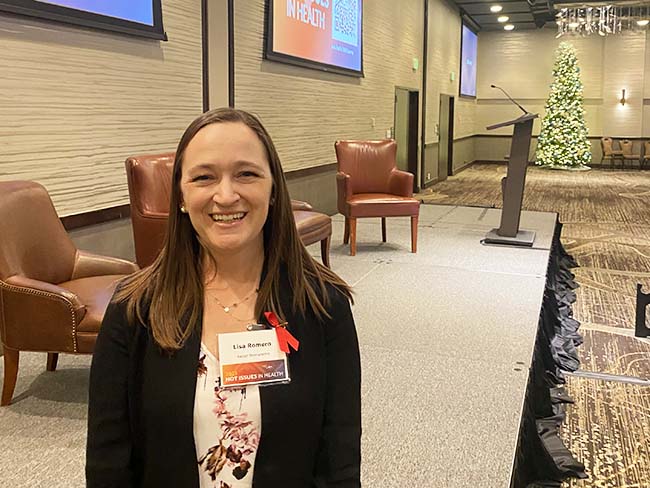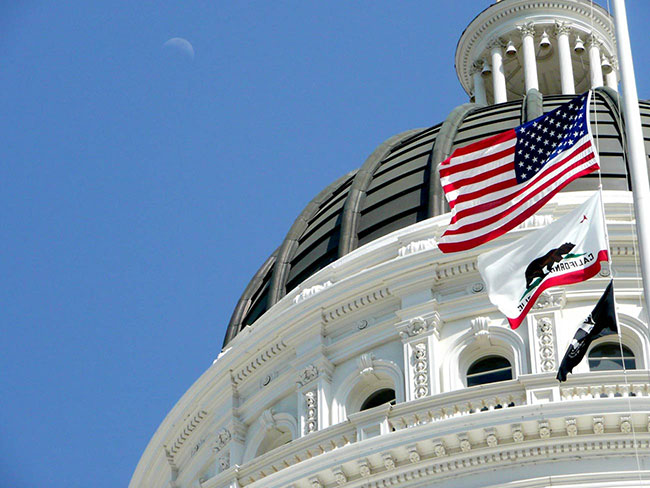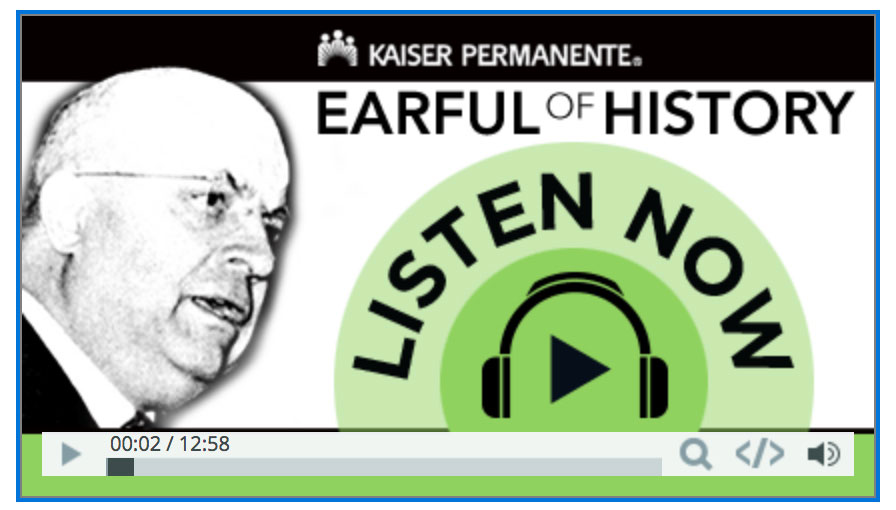Congress can keep millions of people insured
Enhanced premium tax credits expire at the end of 2025. We urge Congress to keep them permanent.
Health insurance is key to accessing the care families need to stay healthy.
In 2023, America hit a great milestone — the number of Americans without health insurance reached a historic low.
And record numbers of people enrolled in health coverage for 2022, 2023, and 2024 in the individual market through the federal and state insurance marketplaces.
These improvements were no accident. Today many more people can afford health coverage thanks to enhanced premium tax credits.
These credits lower monthly premium payments for low- and middle-income working families.
But now this progress is at risk. The enhanced premium tax credits are set to expire at the end of 2025.
Policymakers are debating what to do next.
Tax credits make coverage more affordable
The federal and state insurance marketplaces are online platforms where people can shop for and buy health coverage.
These marketplaces are open to U.S. residents who purchase coverage on their own.
Premium tax credits help people and families with low and moderate incomes afford their health coverage. The tax credits bring monthly premium payments down to more affordable levels.
In 2021, more Americans were able to afford coverage through the marketplaces thanks to the American Rescue Plan Act. The law made coverage more affordable for more people by implementing enhanced credits. In 2022 those enhanced credits were extended through 2025.
As a direct result of these policies, the percentage of U.S. residents with health coverage is higher than it’s ever been.
Coverage and affordability at risk
Our country now faces a stark reversal of fortune.
The enhancements to the premium tax credits expire at the end of 2025. If they’re not extended, nearly everyone who buys coverage via the marketplaces will face significantly higher monthly payments.
As a direct result of these policies, the percentage of U.S. residents with health coverage is higher than it’s ever been.
This threatens access to affordable, high-quality and accessible health coverage for millions of people.
As a result, estimated enrollment in health coverage via the marketplace will decline by 4 million from 2025 to 2026, according to the Congressional Budget Office.
And the decline will continue. CBO estimates that 23 million people would have health coverage purchased through the marketplace by 2025. But over the next 9 years, 7 million people will lose marketplace coverage.
And even the people who stay insured through the marketplaces will pay much more. The average enrollee saved an estimated $700 in 2024 because of the enhanced premium tax credits. Those savings will evaporate.
So many Americans can’t afford higher-cost health care coverage.
All of this threatens the progress our country has made reducing the number of uninsured people and making coverage more affordable for many millions.
Our commitment to affordable coverage for everyone
At Kaiser Permanente, we believe that everyone should have access to high-quality, affordable health care through a mix of public and private coverage.
Enhanced premium tax credits have worked to significantly reduce the number of uninsured Americans. We believe the U.S. should keep up that great work.
If Congress permanently extends the enhanced tax credits from 2026 through 2034 it is estimated an average of 3.8 million more people will be insured, according to the Congressional Budget Office and the Joint Committee on Taxation. Again, those are real families and children living happier, healthier lives.
We should ensure that every family can afford health coverage, regardless of their zip code or income. We urge Congress to extend the enhanced premium tax credits. It is a policy that works. And it is the right thing to do.
We also urge Congress to do so soon — and certainly before the end of 2025. Waiting would disrupt the process of setting rates and offering enrollment for 2026. Waiting too long will create havoc for the millions of Americans if they go to enroll in coverage for 2026 and don’t know whether they can rely on the enhanced tax credits to make coverage affordable.
All people deserve access to high-quality, affordable health coverage. Working together, the private sector and our public leaders can get us there. But we must continue to build on the great work that has already been done.



























































